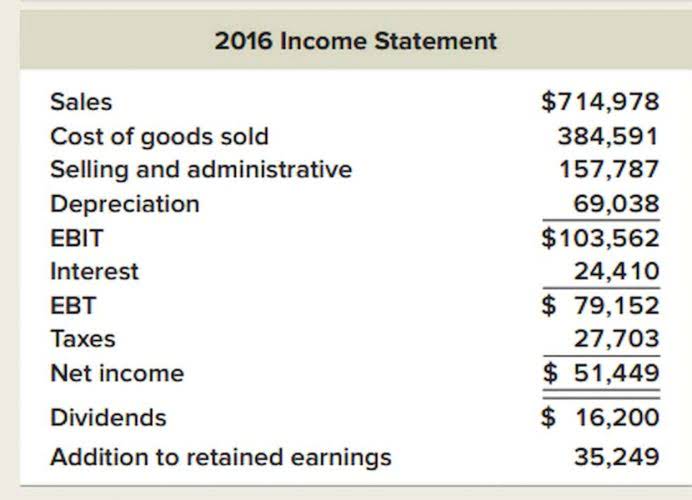
Developing a bookkeeping routine prevents you from accidentally forgetting important steps in the accounting process. If you’re doing simple bookkeeping for a small business or you’re operating a one-person business, applying the cash basis of accounting is ideal. Though often confused for each other, there are key differences between bookkeeping and accounting. At its core, bookkeeping is about recording financial data, while accounting is about interpreting financial data. When a company buys or sells goods and services, a bookkeeper updates the business accounting books to keep track of funds coming in and going out. But fear not – here, we’ll break down bookkeeping basics so entrepreneurs, small business owners and intrepid leaders just like you can feel confident as you wade into these uncharted waters.

Most companies use computer software to keep track of their accounting journal with their bookkeeping entries. Larger businesses adopt more sophisticated software to keep track of their accounting journals. If your company is larger and more complex, you need to set up a double-entry business bookkeeping bookkeeping system. At least one debit is made to one account, and at least one credit is made to another account. One of the first decisions you have to make when setting up your bookkeeping system is whether or not to use a cash or accrual accounting system.
Accounting software
Companies often outsource the organization of their finances to independent professionals, then hire accountants for more complex issues and tax filing. Start by deciding on the system you want to use, whether it’s an online program, paid software or a spreadsheet. Next, set aside a dedicated time either weekly or biweekly to review your bookkeeping, reconcile transactions and complete necessary data entry. Finally, you’ll want to decide how all receipts and documents will be stored. You can either keep hard copies or opt for electronic files by scanning paperwork. Your bookkeeper might also prepare other auxiliary reports for your business, like accounts payable and accounts receivable aging reports.
- To gain a better understanding of bookkeeping, it’s important to learn the basics and best practices to help you better track your business’s income and expenses.
- Posting debits and credits to the correct accounts makes reporting more accurate.
- Accountants typically have at least a bachelor’s degree in accounting, and many go on to become certified public accountants (CPAs) or certified management accountants (CMAs).
- Has your business borrowed money to purchase assets like property, furniture, vehicles, and equipment?
- Bookkeeping is the process of tracking income and expenses in your business.
- This concept is important because each accounting transaction impacts at least two accounts.
Laura is a freelance writer specializing in ecommerce, lifestyle, and SMB content. As a small business owner, she is passionate about supporting other entrepreneurs, and https://www.bookstime.com/articles/what-is-partnership-accounting sharing information that will help them thrive. In bookkeeping, even the smallest mistake can lead to serious consequences, such as tax penalties and legal issues.
How to Start a Bookkeeping Business in…
These include all incoming invoices, outgoing bill payments, purchases, and sales. Financial reporting is a critical part of any business’s bookkeeping process. These reports provide you with a transparent and accurate view of your business’ current standing.

